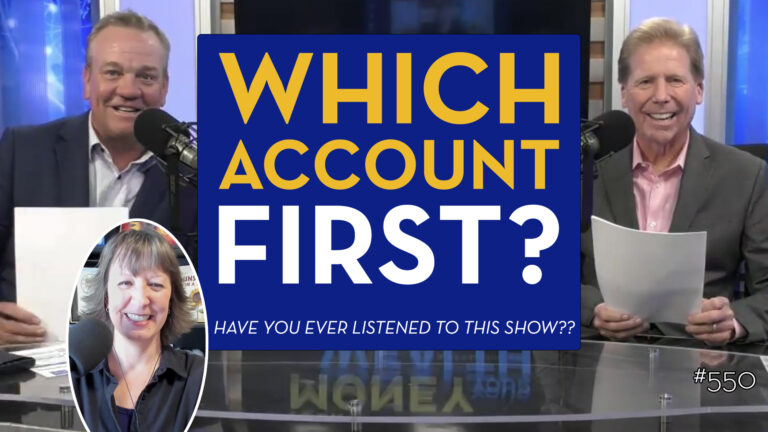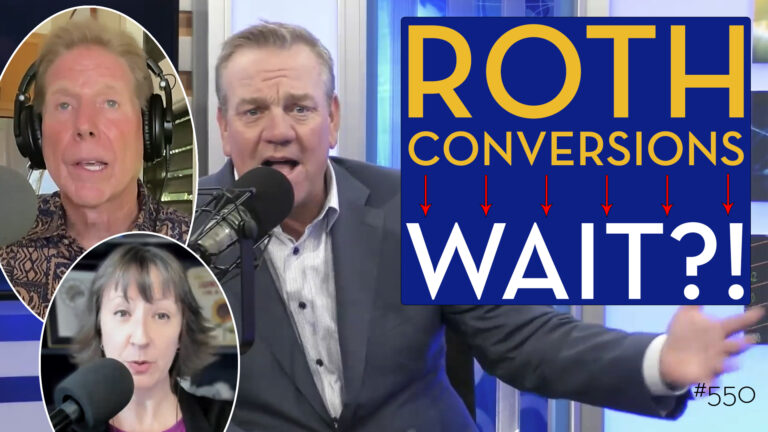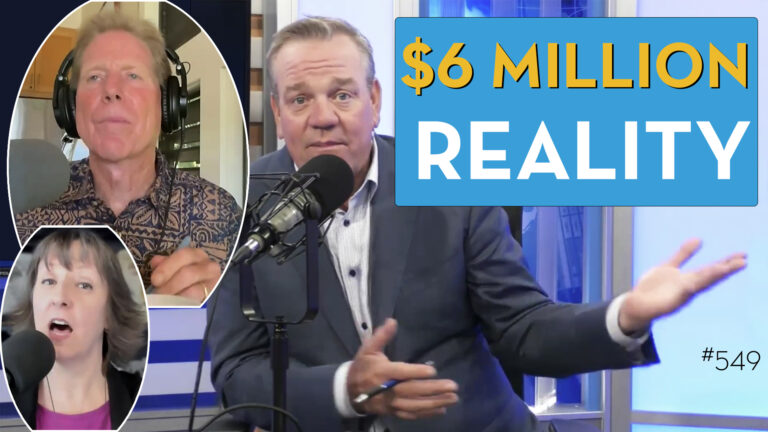A 146-page report from the Bipartisan Policy Center was released last week and a lot of high earners aren’t going to like it. One of the proposals is to shore up Social Security by raising the tax base. In YMYW podcast episode 37, Joe Anderson, CFP® and Big Al Clopine, CPA discuss what this report puts on the line for retirement. Original publish date June 11, 2016 (hour 1). Note that content may be outdated as rules and regulations have changed.
00:00 – Intro
02:39 – “This is not the first time we’ve seen some of these proposals; I’ve got to believe that some of these are going to come true at some point”
05:25 – “Probably not a lot of people realize it but at certain income limits they stop withholding Social Security”
09:13 – “If you don’t have a retirement plan today, here are three reasons why you should…”
14:07 – “More and more employees are suing their employer because they don’t have good choices in the 401(k) plans”
18:40 – “You have more control over paying taxes than you think, actually more so than any other time in your life”
22:37 – “As long as a marriage has lasted at least ten years, a married or divorced person can draw on his or her own benefits or the spousal benefits, whichever is higher. The recommendation is to cap the spousal benefit at a level equal to the spousal benefit received by someone married to a worker in the 75th percentile of the earning distribution”
30:37 – “The report’s authors are concerned about Americans’ debt, including the increasing level of mortgage debt among older people”
32:32 – “[According to the report], they’re going to raise Social Security tax, they’re going to raise the amount of money they’re paying on Social Security…they’re going to limit the deductions on mortgage”
35:00 – “If you do a little bit of tax planning, there are significant things that you can do with your money from a tax perspective to save more money for you and less for Uncle Sam”
Listen to the YMYW podcast:

Amazon Music
AntennaPod
Anytime Player
Apple Podcasts
Audible
Castbox
Castro
Curiocaster
Fountain
Goodpods
iHeartRadio
iVoox
Luminary
Overcast
Player FM
Pocket Casts
Podbean
Podcast Addict
Podcast Index
Podcast Guru
Podcast Republic
Podchaser
Podfriend
PodHero
podStation
Podverse
Podvine
Radio Public
Rephonic
Sonnet
Spotify
Subscribe on Android
Subscribe by Email
RSS feed

YouTube Music
IMPORTANT DISCLOSURES:
Pure Financial Advisors is a registered investment advisor. This show does not intend to provide personalized investment advice through this broadcast and does not represent that the securities or services discussed are suitable for any investor. Investors are advised not to rely on any information contained in the broadcast in the process of making a full and informed investment decision.
• Investment Advisory and Financial Planning Services are offered through Pure Financial Advisors, LLC, a Registered Investment Advisor.
• Pure Financial Advisors LLC does not offer tax or legal advice. Consult with your tax advisor or attorney regarding specific situations.
• Opinions expressed are not intended as investment advice or to predict future performance.
• Past performance does not guarantee future results.
• Investing involves risk including the potential loss of principal. No investment strategy can guarantee a profit or protect against loss in periods of declining values.
• All information is believed to be from reliable sources; however, we make no representation as to its completeness or accuracy. As rules and regulations change, content may become outdated.
• Intended for educational purposes only and are not intended as individualized advice or a guarantee that you will achieve a desired result. Before implementing any strategies discussed you should consult your tax and financial advisors.
CFP® – The CERTIFIED FINANCIAL PLANNER™ certification is by the Certified Financial Planner Board of Standards, Inc. To attain the right to use the CFP® designation, an individual must satisfactorily fulfill education, experience and ethics requirements as well as pass a comprehensive exam. Thirty hours of continuing education is required every two years to maintain the designation.
AIF® – Accredited Investment Fiduciary designation is administered by the Center for Fiduciary Studies fi360. To receive the AIF Designation, an individual must meet prerequisite criteria, complete a training program, and pass a comprehensive examination. Six hours of continuing education is required annually to maintain the designation.
CPA – Certified Public Accountant is a license set by the American Institute of Certified Public Accountants and administered by the National Association of State Boards of Accountancy. Eligibility to sit for the Uniform CPA Exam is determined by individual State Boards of Accountancy. Typically, the requirement is a U.S. bachelor’s degree which includes a minimum number of qualifying credit hours in accounting and business administration with an additional one-year study. All CPA candidates must pass the Uniform CPA Examination to qualify for a CPA certificate and license (i.e., permit to practice) to practice public accounting. CPAs are required to take continuing education courses to renew their license, and most states require CPAs to complete an ethics course during every renewal period.









